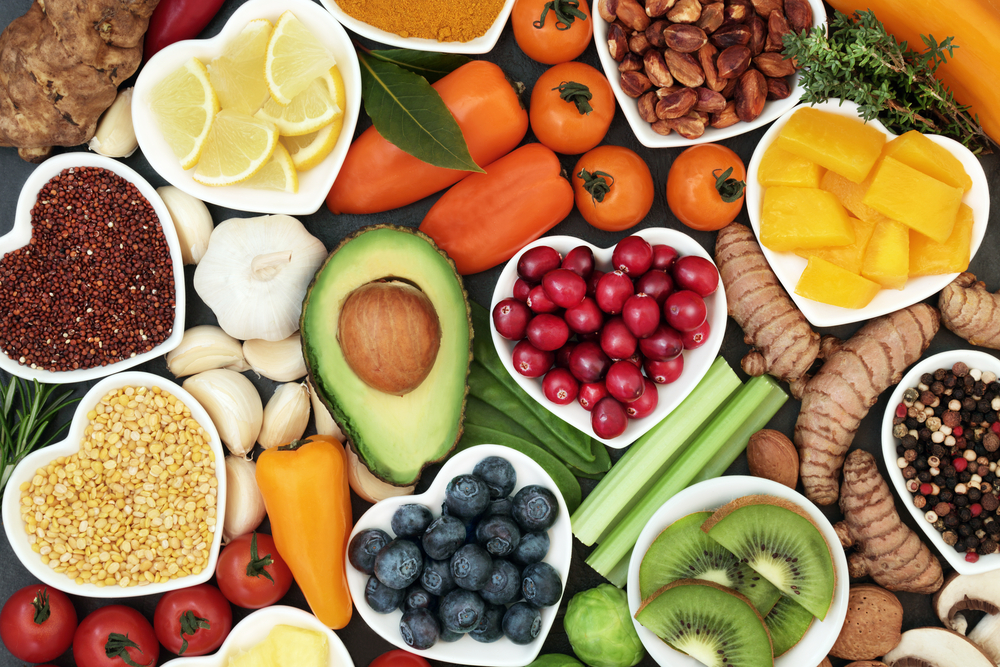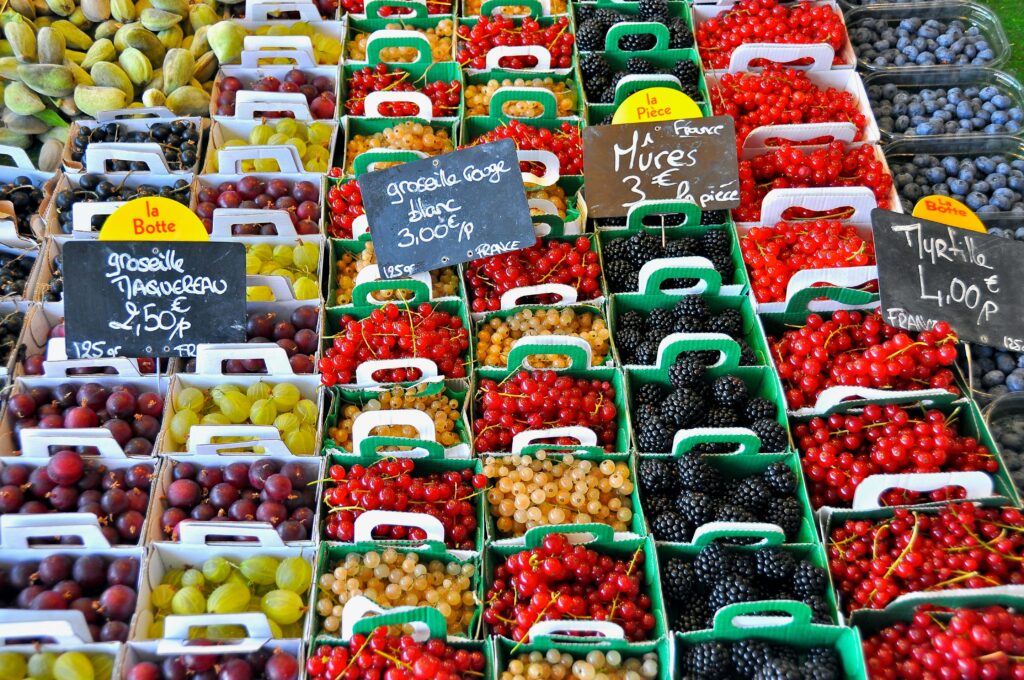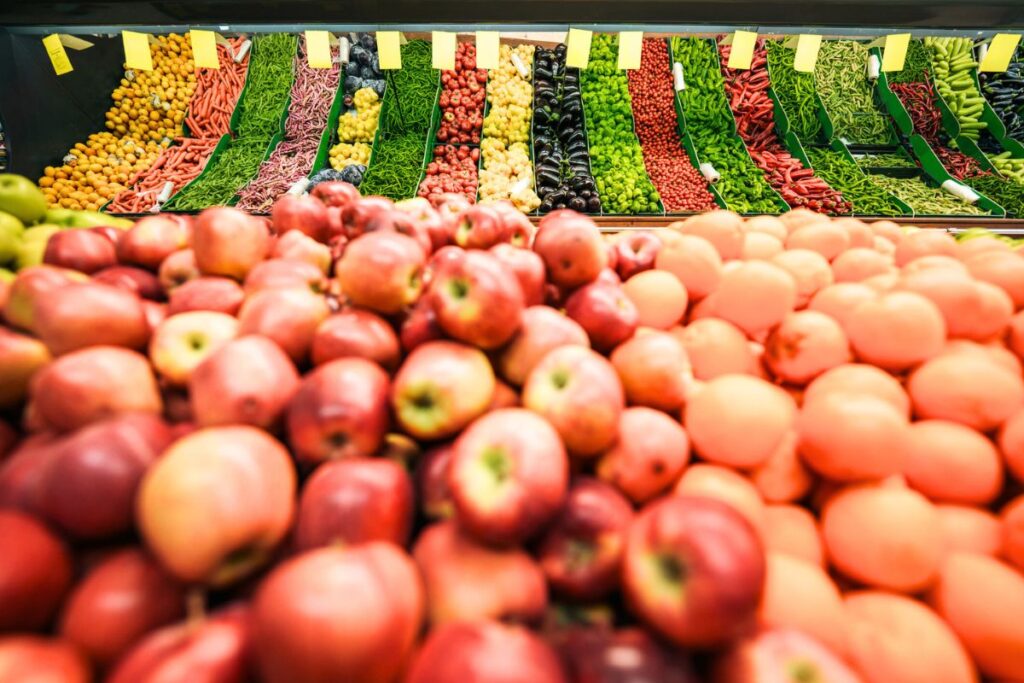How France Turned Supermarket Waste Into Social Good

In a world where overflowing supermarket bins stand side by side with hunger and poverty, France has drawn a bold line between waste and want. The country has officially banned large supermarkets from throwing away or deliberately spoiling unsold food, making it the first nation in the world to turn compassion into law. Instead of tossing edible items into dumpsters or dousing them in bleach to deter scavengers, French stores must now donate their surplus to charities and food banks. The new legislation has transformed what was once seen as a logistical nuisance into a national moral obligation.
The decision marks a cultural and ethical shift for France a country long proud of its culinary tradition, now taking a stand against the systemic waste that undercuts it. Each year, France discards roughly seven million tons of food, while millions of citizens struggle to afford a proper meal. This law doesn’t just tackle waste; it reframes the nation’s understanding of responsibility, drawing supermarkets, charities, and citizens into a collective effort to ensure that edible food finds its rightful place: on a plate, not in a landfill.
A Law Born from Public Outrage and Moral Conviction
The origins of this legislation can be traced not to parliamentary debate, but to grassroots activism led by Arash Derambarsh, a municipal councillor from Courbevoie, a suburb of Paris. Disturbed by the sight of hungry people rummaging through supermarket bins, Derambarsh launched a campaign that combined moral clarity with practical ambition. He organized local food distributions using unsold supermarket items and quickly gained public attention. His petition for a law against food waste garnered hundreds of thousands of signatures and, within months, reached the national assembly.
The political response was striking in its unanimity. The French Senate voted unanimously to approve the bill, reflecting a rare moment of cross-party consensus. Under the new law, any supermarket larger than 400 square metres is legally required to sign an agreement with charities or food banks to donate unsold yet edible food.

Failure to comply can result in fines of up to €3,750 a modest penalty by corporate standards, but one that carries symbolic weight. It sends a clear message: food waste is not merely inefficient; it is unethical.
For Derambarsh, this law represents more than political victory it’s a deeply personal triumph. Having once faced hunger himself as a student, he saw food waste as a moral obscenity in a society capable of abundance. His book, Manifesto Against Waste, chronicles the journey from personal struggle to public reform. “The situation is simple,” he said. “On one side, we have supermarkets throwing away food every day. On the other, we have millions of hungry people. It had to stop.”
How the Law Works: Turning Waste into Worth

The law compels large supermarkets to sign formal contracts with food banks and charities to redistribute edible goods before they reach the point of spoilage. These agreements ensure that food is collected under strict safety and hygiene standards. Supermarkets must sort unsold products by freshness and category meat, dairy, baked goods, and produce so they can be quickly repurposed or delivered. Trucks from organizations such as Banques Alimentaires (France’s Federation of Food Banks) now make daily rounds to collect donations that once would have been trashed.
Jacques Bailet, president of Banques Alimentaires, told The Guardian that this shift has dramatically increased both the quantity and quality of donated food. “We’re now getting more meat, fruits, and vegetables nutritionally balanced food, not just tins of pasta or biscuits,” he explained. The donations are also arriving earlier in the product life cycle, which improves freshness and safety for recipients.
Supermarkets like Carrefour and Auchan have embraced the system by integrating food donation into their daily operations. Carrefour alone donates around 320,000 meals a year through partnerships with four local charities. Stores have adapted workflows, retraining staff to sort and prepare donations with the same care given to retail stock. Food that can’t be redistributed is often repurposed day-old pastries become new baked goods, blemished fruit goes into smoothies, and spoiled items are converted into biofuel that powers delivery trucks.
The law has also created a ripple effect across the food sector. Restaurants are now encouraged to offer doggy bags, long a rarity in French dining culture. Businesses generating more than ten tons of organic waste annually must recycle it, further tightening the nation’s loop of sustainability. What began as a supermarket law has evolved into a wider cultural commitment to reducing waste at every stage of consumption.
The Challenges of Generosity

Yet, as noble as the law’s intent may be, it has revealed the complexity of translating compassion into logistics. Food charities, while grateful for the surge in donations, face mounting challenges in storage, transport, and manpower. Louise Saint-Germain, who runs the Paris-based charity Une Main Tendue Pour Demain (“A Hand Held Out for Tomorrow”), says the influx has allowed her team to feed more families and diversify the kinds of food offered. But not every organization is equally equipped.
“We don’t have enough refrigerators, trucks, or volunteers to handle the sudden increase,” admitted Aline Chassagnot from the Salvation Army’s social grocery program. “Many charities are overwhelmed by the sheer volume of food now coming their way.” Without proper infrastructure, there’s a risk that donated food might spoil before it can be distributed a paradox that turns good intentions into renewed waste.
There are also tensions between large retailers and the government. Many supermarkets argue they had been donating food long before the law made it mandatory, while others feel unfairly targeted. Some managers point out that retail waste represents only a fraction of the total around 11% of all food waste in France, compared to nearly 70% from households. As one retailer put it, “We can redistribute what we don’t sell, but people still need to learn not to throw away half their fridge.”
Even among supporters, concerns persist about how to ensure that donations remain safe and practical. Olivier Berthe, head of Restos du Coeur, warns that forcing supermarkets to donate food without proper oversight risks turning charities into “rubbish dumps.” The challenge, then, lies not in generosity itself, but in creating a sustainable system where food moves efficiently from shelf to table.
From Local Policy to International Inspiration

France’s bold step has turned it into a global benchmark for anti-waste legislation. In the wake of its success, Italy followed suit with the 2016 “Gadda Law,” which offers tax incentives for companies that donate food rather than imposing fines. Denmark has opened “waste supermarkets” selling surplus goods at reduced prices, while the UK operates under voluntary agreements like the Courtauld Commitment, which encourages supermarkets and manufacturers to cut waste collaboratively.
Arash Derambarsh continues to push for broader adoption of similar laws across Europe. He has petitioned the European Union to extend France’s policy continent-wide, arguing that systemic change requires collective action. “The next step is to convince President François Hollande to pressure the EU,” he said. “We have to fight waste not just in supermarkets, but in restaurants, bakeries, and school canteens.”
Globally, France’s model has influenced policy discussions from Canada to South Korea. The law is often cited as proof that governments can legislate moral behavior without crippling business. Environmental experts also highlight its ecological benefits: every ton of food saved reduces methane emissions and conserves water and energy that would otherwise be wasted. In effect, the law tackles two crises hunger and climate change through a single, integrated act of reform.
Still, exporting France’s model isn’t as simple as copying and pasting legislation. In countries like the United States, where market freedom often outweighs state intervention, mandatory food donation could face strong resistance. Yet even there, the French example has sparked debate and inspired voluntary initiatives. The larger lesson seems clear: when society treats waste as a moral failure, behavior shifts naturally toward conservation.
A Cultural Revolution

What makes the French food waste law remarkable is not just its practical outcome, but its philosophical underpinnings. It reframes supermarkets as moral actors rather than mere commercial entities. As Guillaume Garot, the French lawmaker who drafted the bill, put it, “Supermarkets are not only places of consumption; they are part of the social fabric.” The law transforms them from passive sellers into active participants in community welfare.
This shift has also encouraged creative collaborations between retailers, farmers, and tech startups. Some companies now repurpose unsold produce into soups and jams, while digital platforms like Too Good To Go connect consumers directly with surplus goods at discounted prices. These innovations extend the spirit of the law beyond compliance, embedding it in everyday commerce.

For ordinary citizens, the legislation has triggered introspection about consumption itself. The once-dismissed doggy bag has made its way into French restaurants, and public campaigns now teach children about food ethics and sustainability. France, a nation synonymous with gourmet culture, is redefining culinary pride to include respect for the value of food from the field to the fork.
Environmental researchers estimate that globally, one-third of all food produced about 1.3 billion tons is wasted every year. France’s law offers a small but significant antidote to this global absurdity. It shows how policy can alter perception, how empathy can be institutionalized, and how societies can align morality with law.
The Moral Economics of Food
Nearly a decade after its passage, France’s ban on supermarket food waste stands as a testament to what happens when ethics meet enforcement. The law has not eradicated waste, nor has it solved hunger, but it has changed the national conversation. Food that once symbolized excess now represents solidarity. By turning a moral imperative into a legal one, France has set a precedent that blends practicality with principle.
The broader lesson is not just for policymakers, but for everyone who shops, cooks, and eats. The journey from waste to worth begins with awareness a recognition that food, once grown and harvested, carries human effort, environmental cost, and moral weight. France’s example challenges us all to rethink what we throw away, not just as individuals, but as participants in a shared global table.
Loading...

